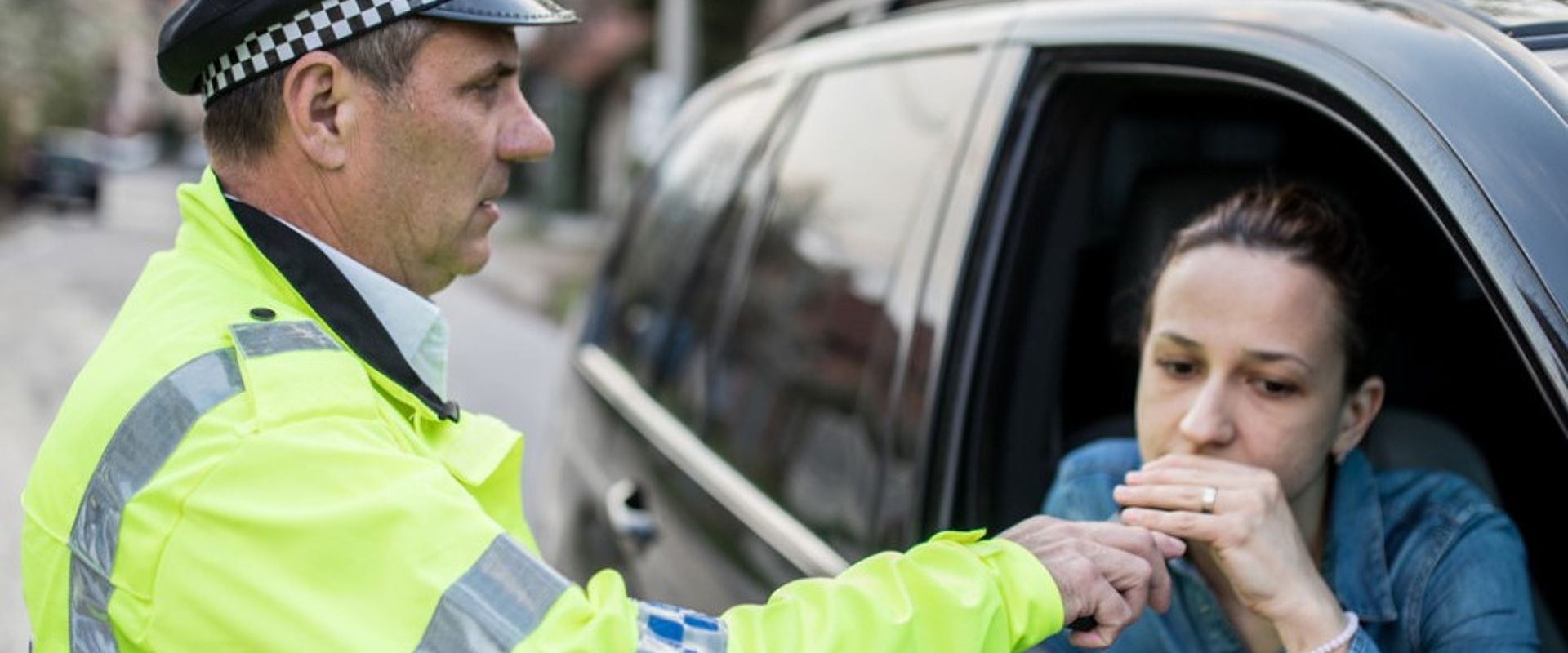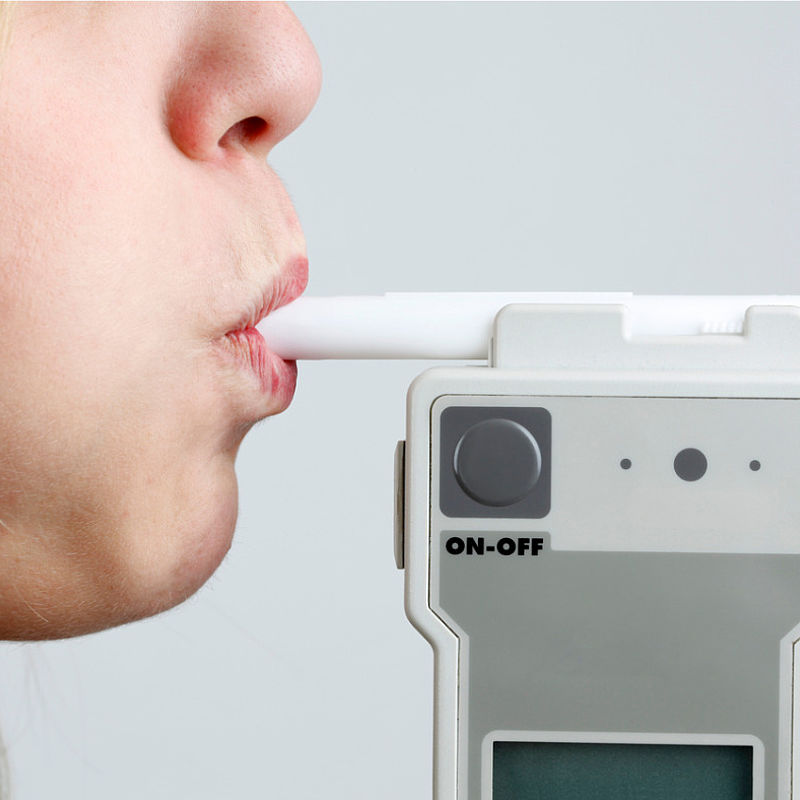
Sharing metrological knowledge in Europe to reduce alcohol-related road accident
Challenge
The World Health Organisation has indicated that road traffic accidents are the leading cause of death in children and young adults in the European Region and the EC has estimated that 25 % of such fatalities are due to alcohol. Around 6,500 deaths could be prevented each year in Europe if drivers obeyed drinkdriving regulations.
Road safety laws, stipulating permissible level of blood alcohol content, have been adopted to prevent such incidents. Integral to the enforcement of these are breath analysers which determine the alcohol content in the body by measuring the concentration of ethanol in air exhaled from the lungs. To be effective such instruments require calibration in line with European standards as well as the International Legal Metrology Organisation’s (OIML) recommendation R126.
All regulations and standards stipulate the use of certified reference materials (CRMs) for calibration and the most appropriate for breath analysers are those that mimic the moisture of human breath, such as water containing precisely defined levels of ethanol. However, large quantities of ‘ethanol-in water’ CRMs are required which are difficult to transport over large distances – especially across customs at national borders.
At the beginning of 2017 there were only two metrology institutes in Europe that could produce this type of material to the metrological level required for breath analyser type approval and calibration, BAM in Germany and LNE in France.
Solution
During the ALCOREF project BAM and LNE transferred their knowledge in CRM production to eight metrological institutes across Europe, including DMDM, the National Metrology Institute (NMI) of Serbia.
Ethanol in water CRMs were prepared by spiking a defined mass of high purity ethanol into water using metrologically sound weighing and bottling procedures and techniques such as the mass balance approach and chromatographic methods. In all 43 ethanol-in-water CRMs were developed, covering the range 0.1 mg/g to 7 mg/g, along with measurement uncertainty budgets, relevant for the implementation of OIML R126. All candidate CRMs demonstrated long-term stability at room or refrigerator temperature, with shelf-life periods between 6 and 12 months.
Three interlaboratory comparisons were conducted, including EURAMET comparisons, EURAMET.QM-S13 and EURAMET.QM-S14, confirming the ability of the participants to make validated CRMs linked to the SI.
Methods were documented as Standard Operation Procedures and incorporated into each partner’s Quality System to ensure consistent performance over the long term.
Impact
AMSS-Centar za motorna vozila (AMSS-CMV) is one of Serbia’s leading companies specialising in technical services in the field of traffic safety including vehicle testing and inspection. The company is also accredited for both metrological and legal metrology measurements by a number of competent bodies including the DMDM.
Following DMDM’s development of ethanol-in-water CRMs, these were purchased by AMSS-CMV to initiate Serbia’s first accredited service for the verification of breath analysers. This is now being used by companies manufacturing analysers as well as law enforcement agencies operating the instruments in the field. The company acknowledges that the local production of CRMs for the verification of breath analysers was essential to launch the new service – avoiding the need to import these from abroad and ensuring a continuity in calibration materials.
AMSS-CMV’s customers, including those outside of Serbia such as in Montenegro and North Macedonia, now have access to a reliable verification service compliant to OIML’s R126, which as it has links to the SI, is globally traceable.
The new materials developed in the ALCOREF project will allow more countries in Europe to better calibrate breath analysers, helping to enforce drink-driving regulations and potentially save hundreds of lives each year.
- Category
- EMPIR,
- Health,
